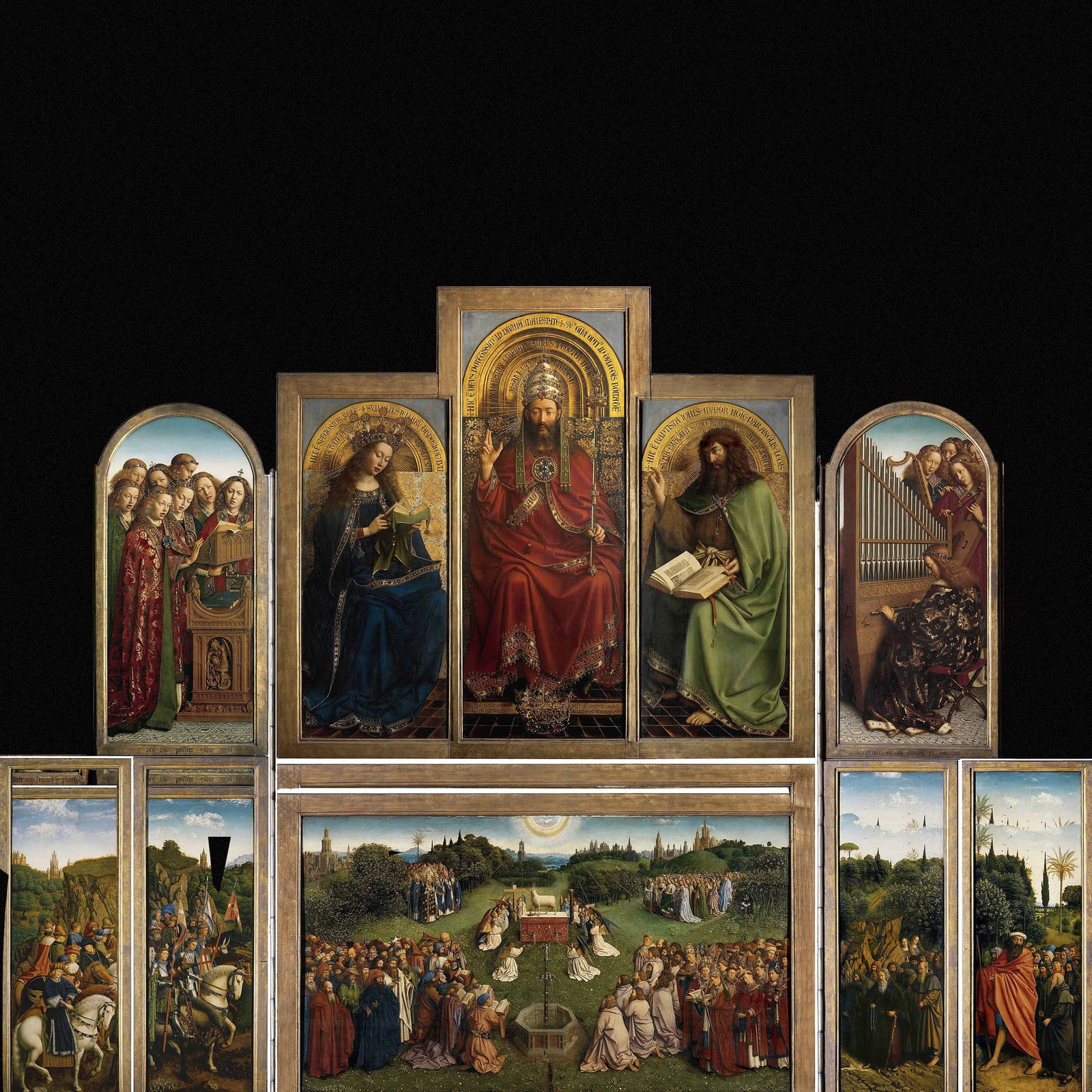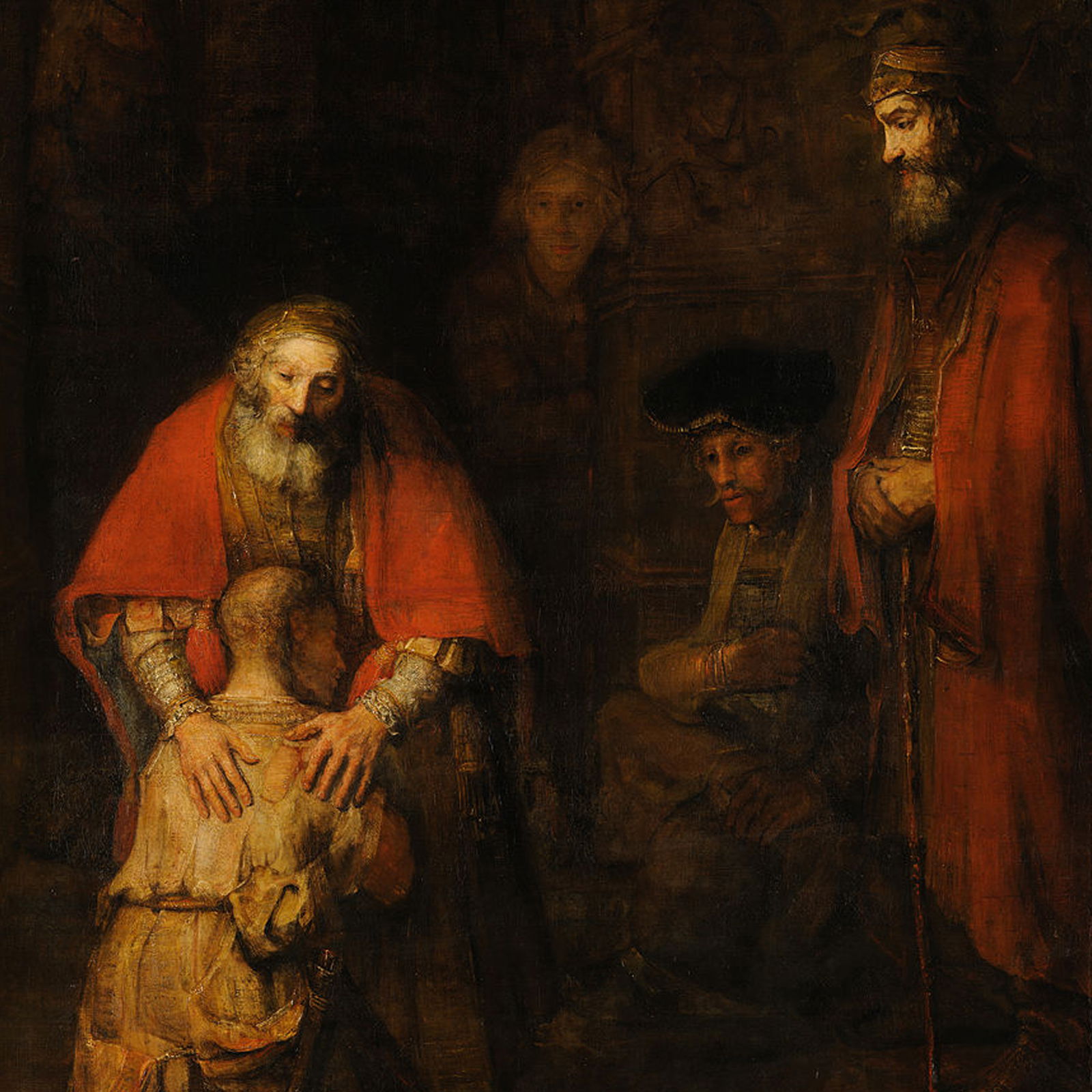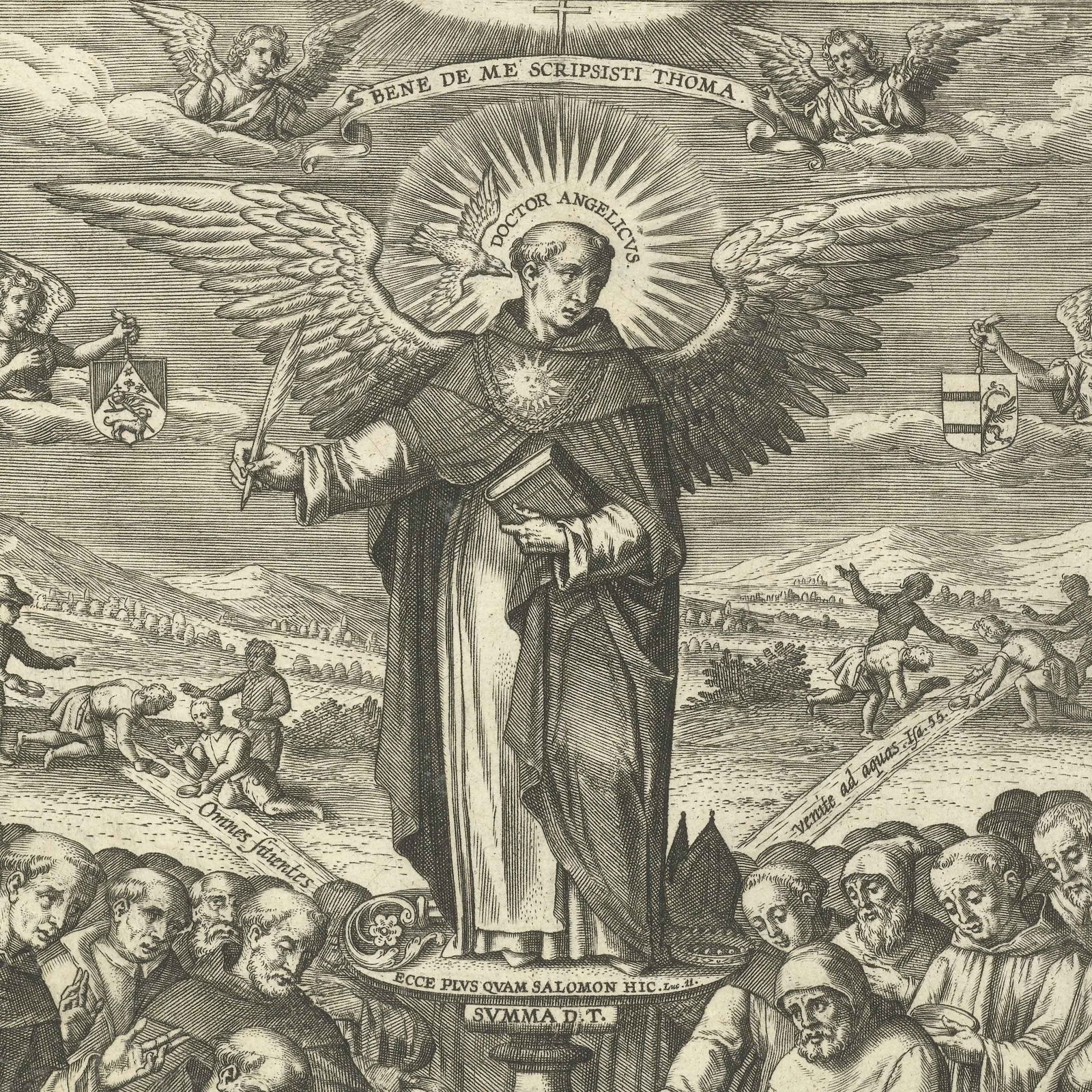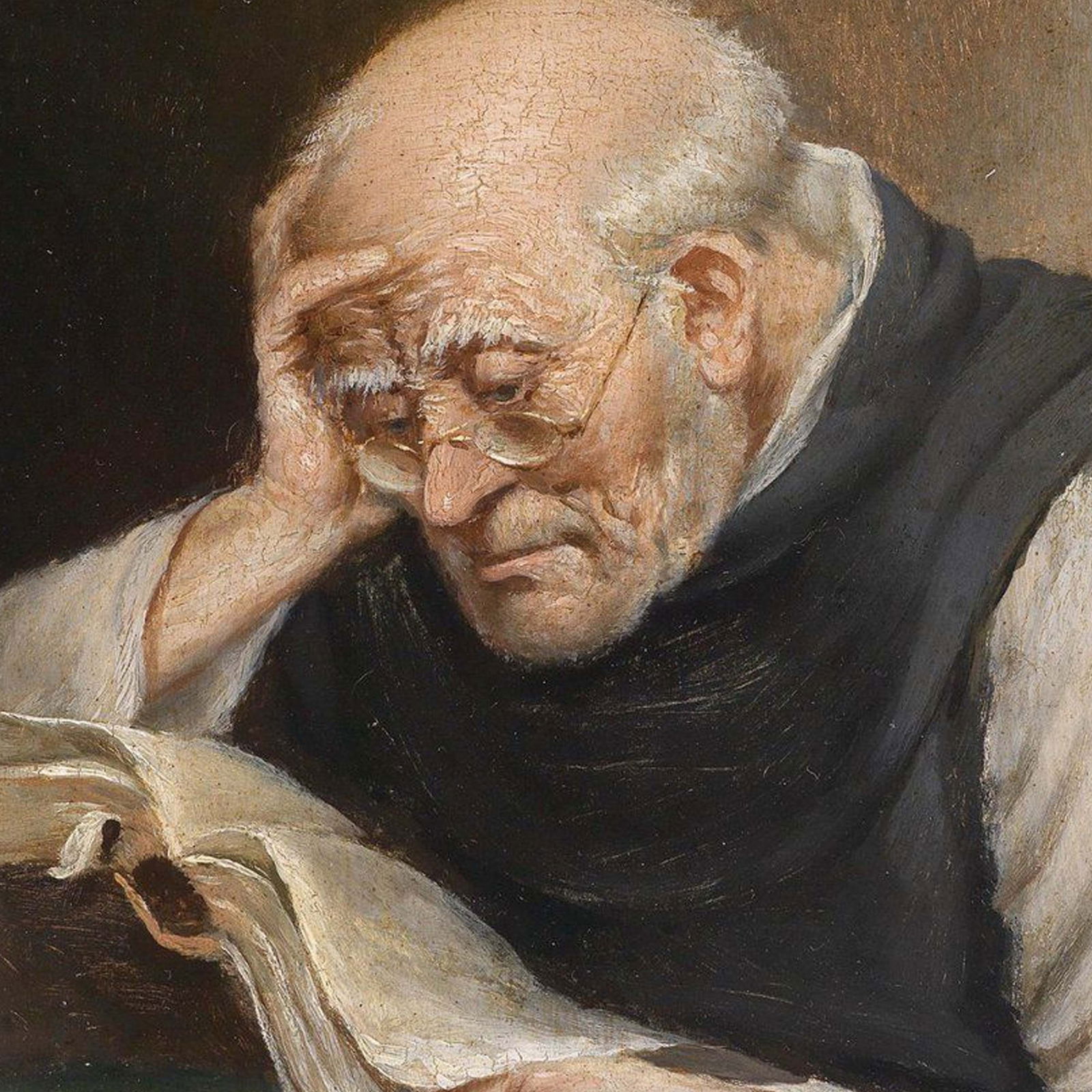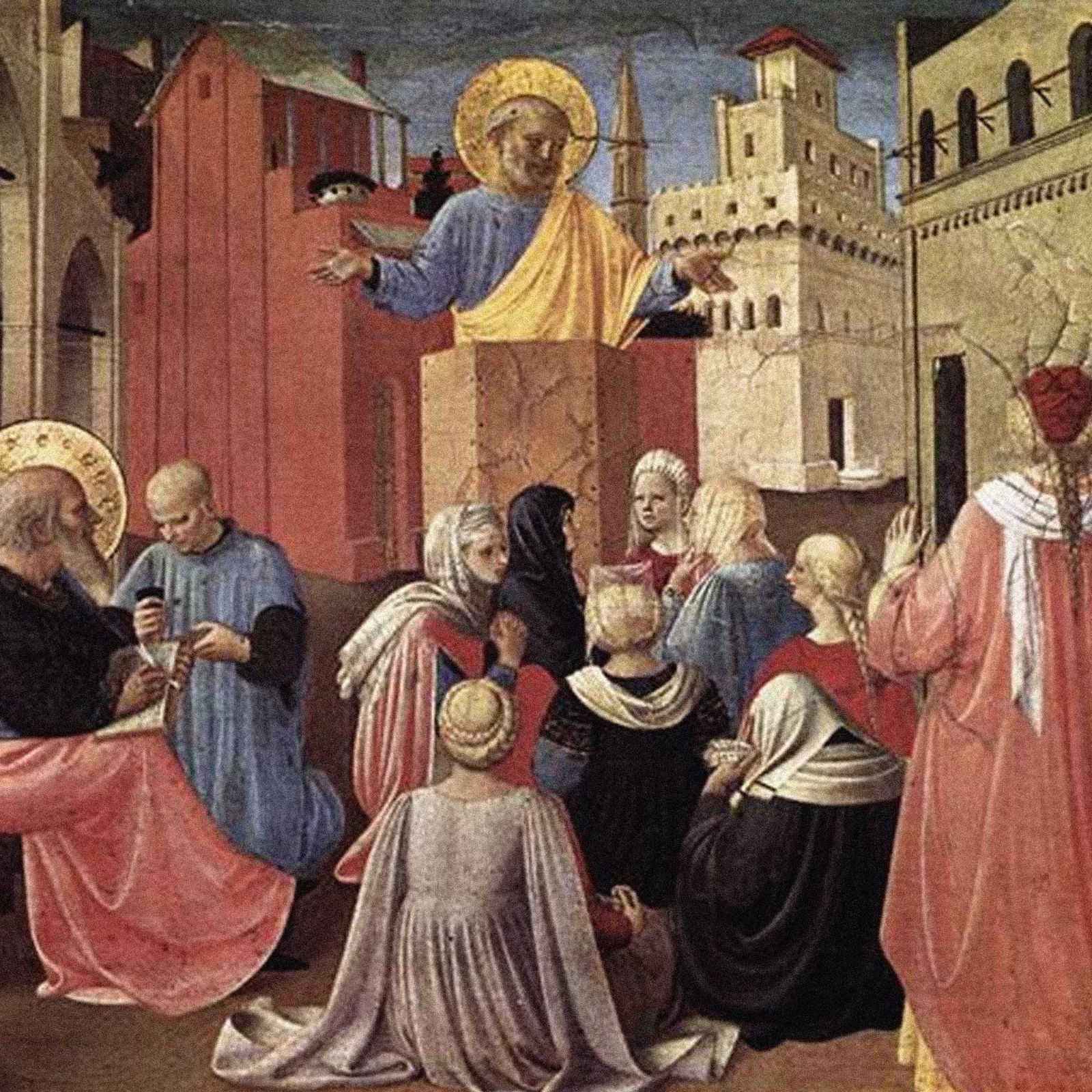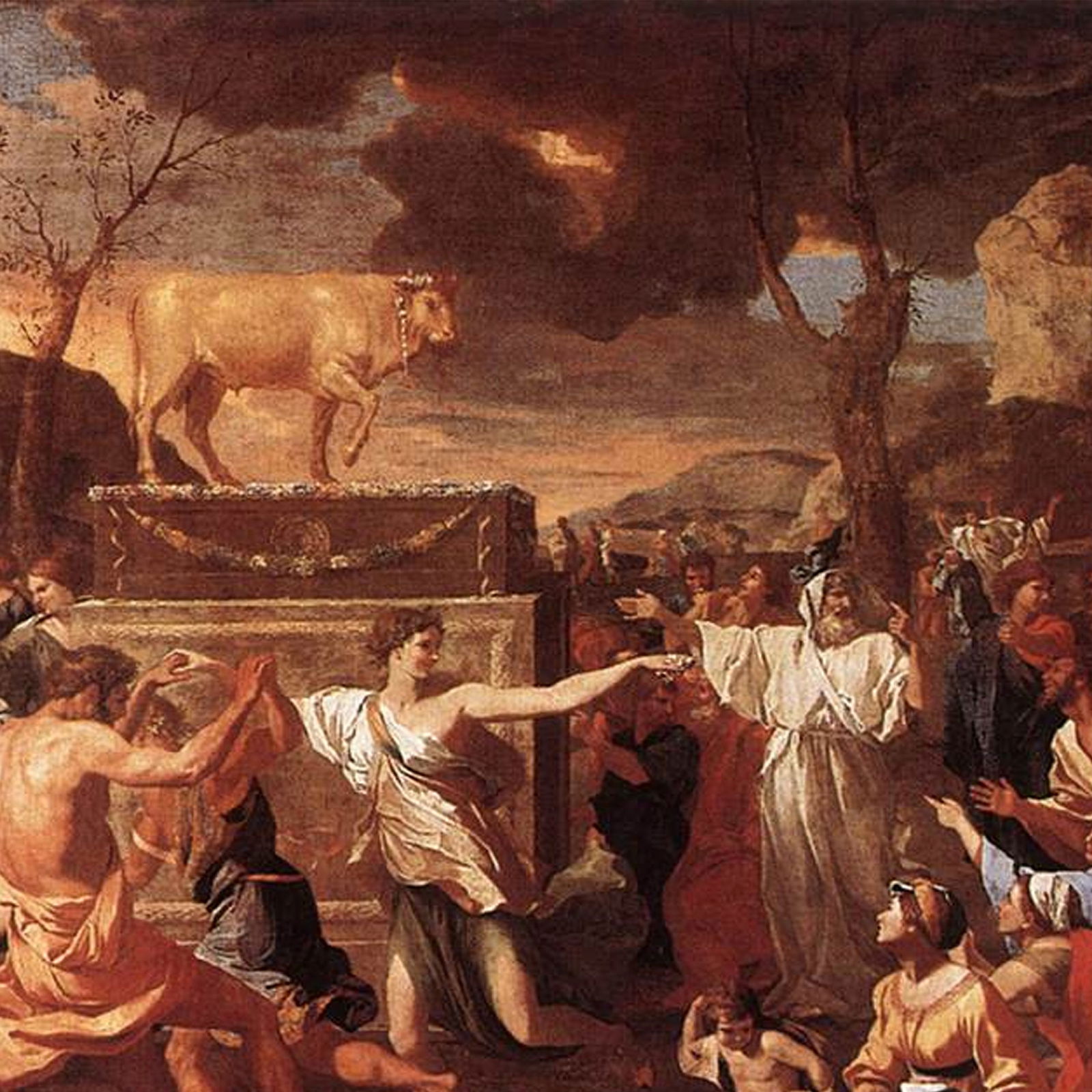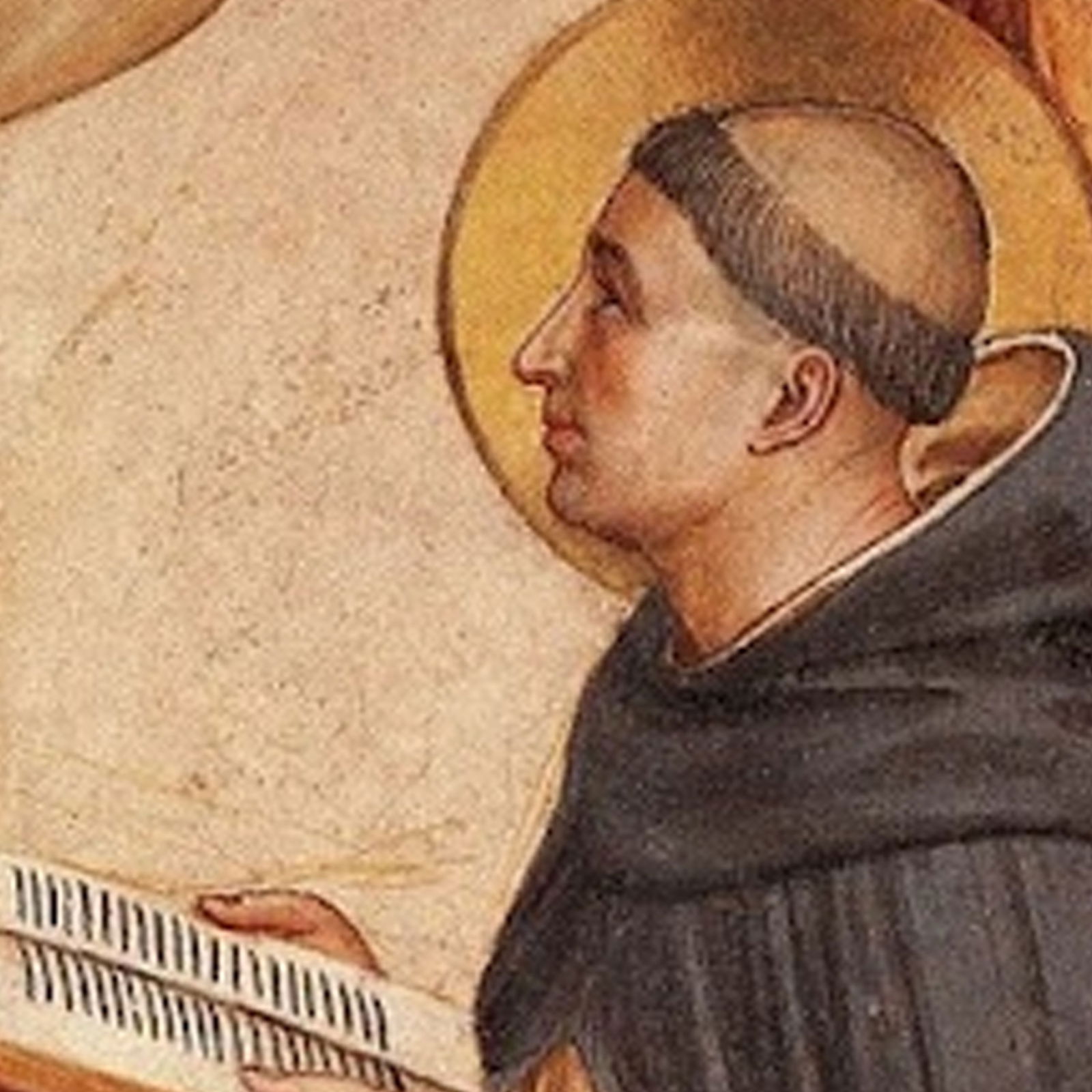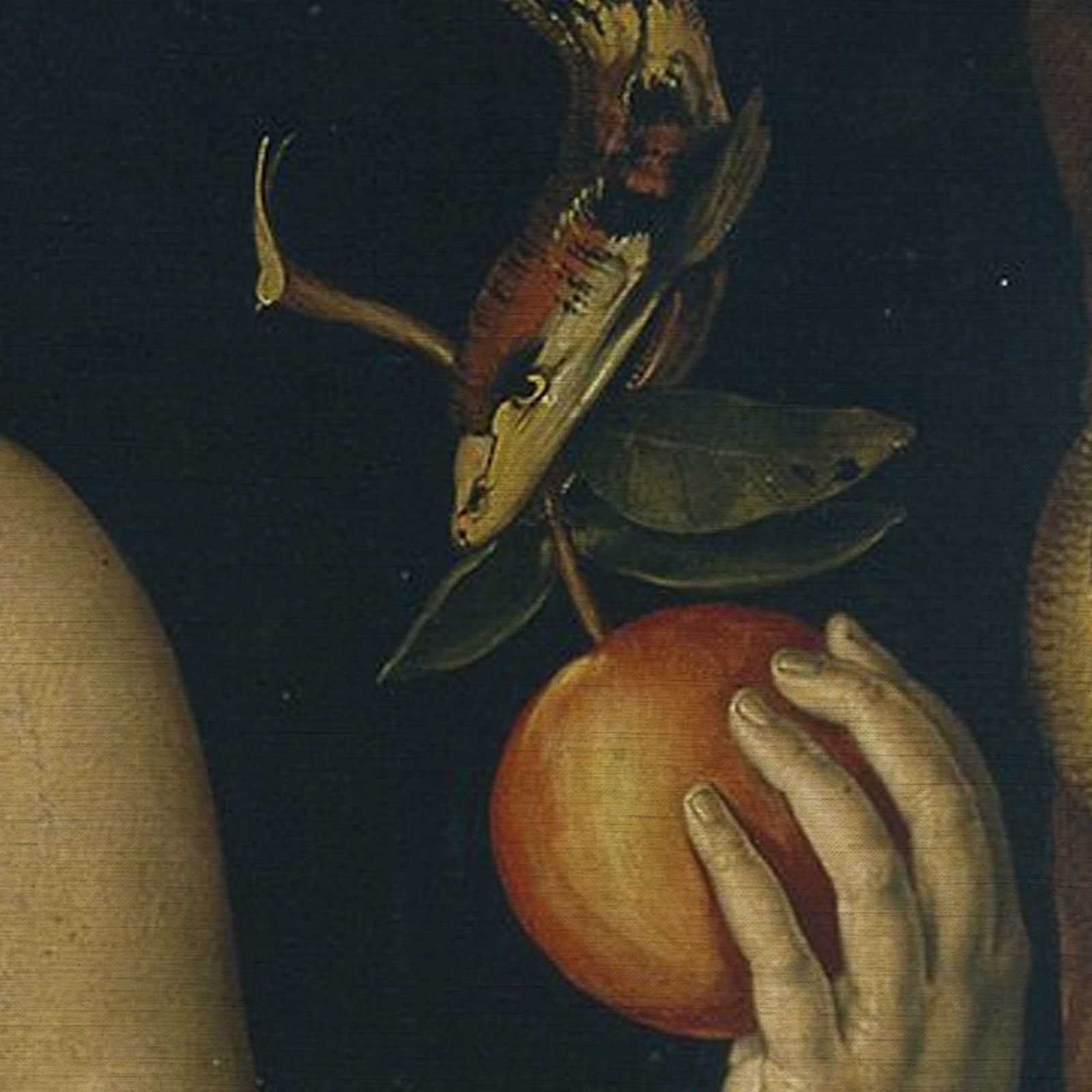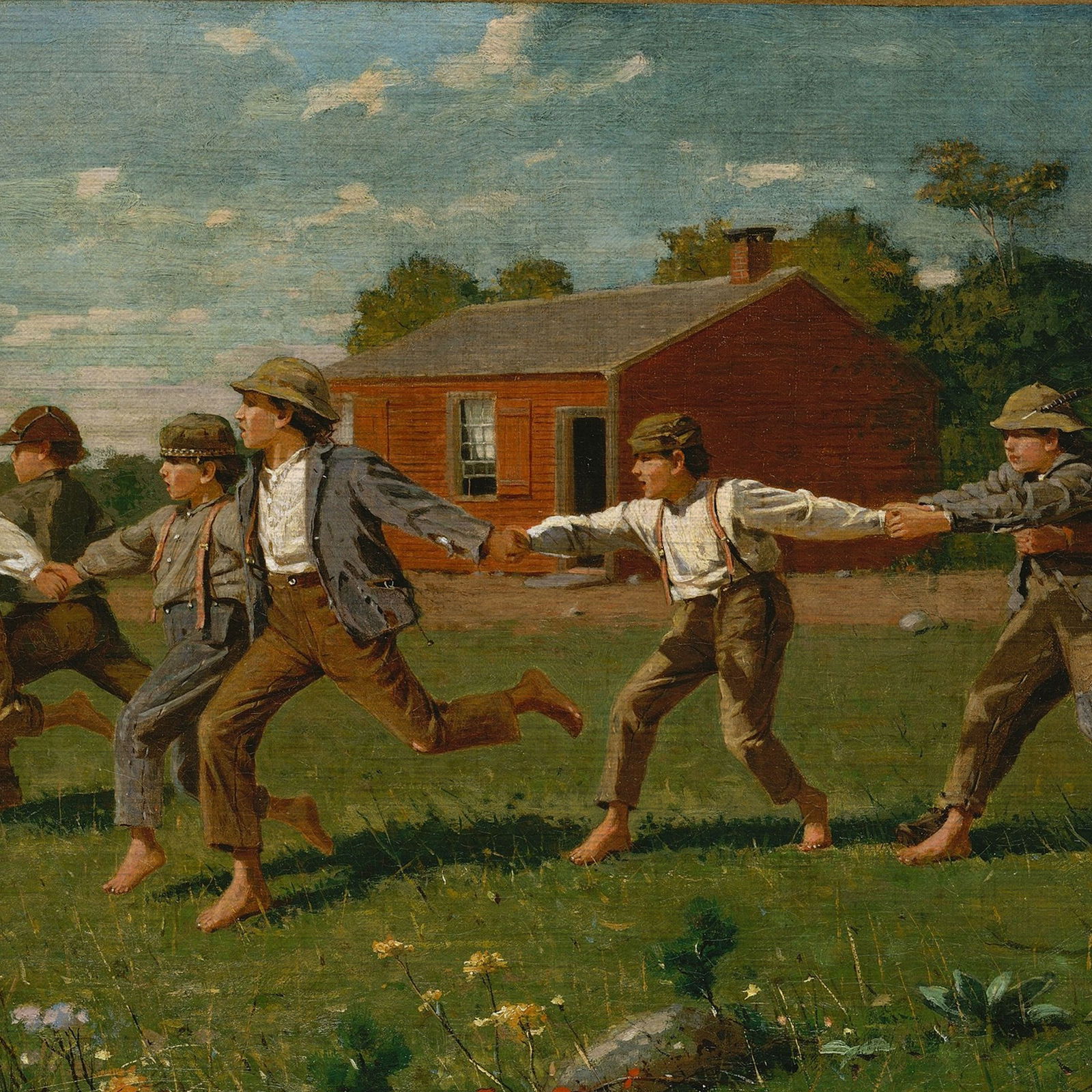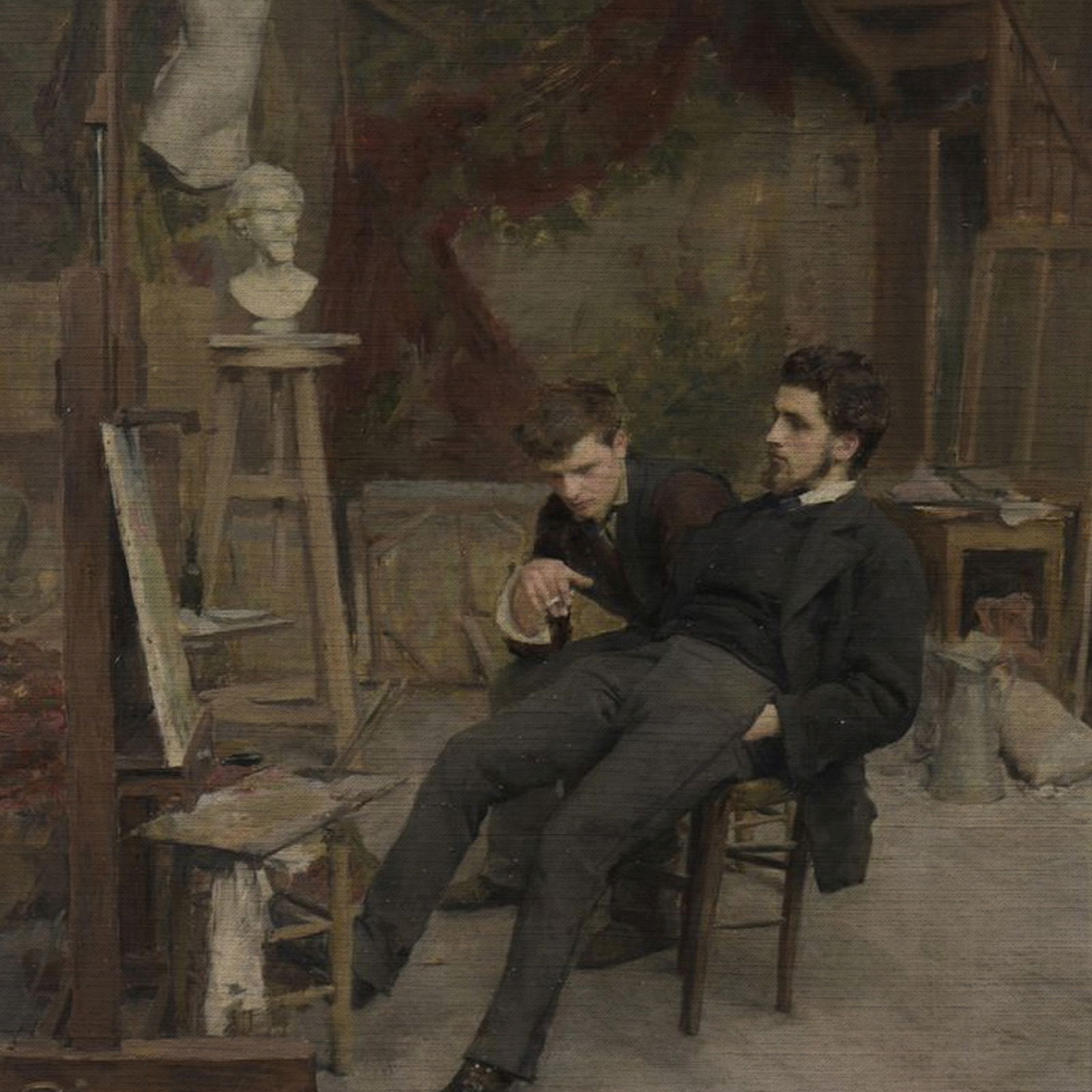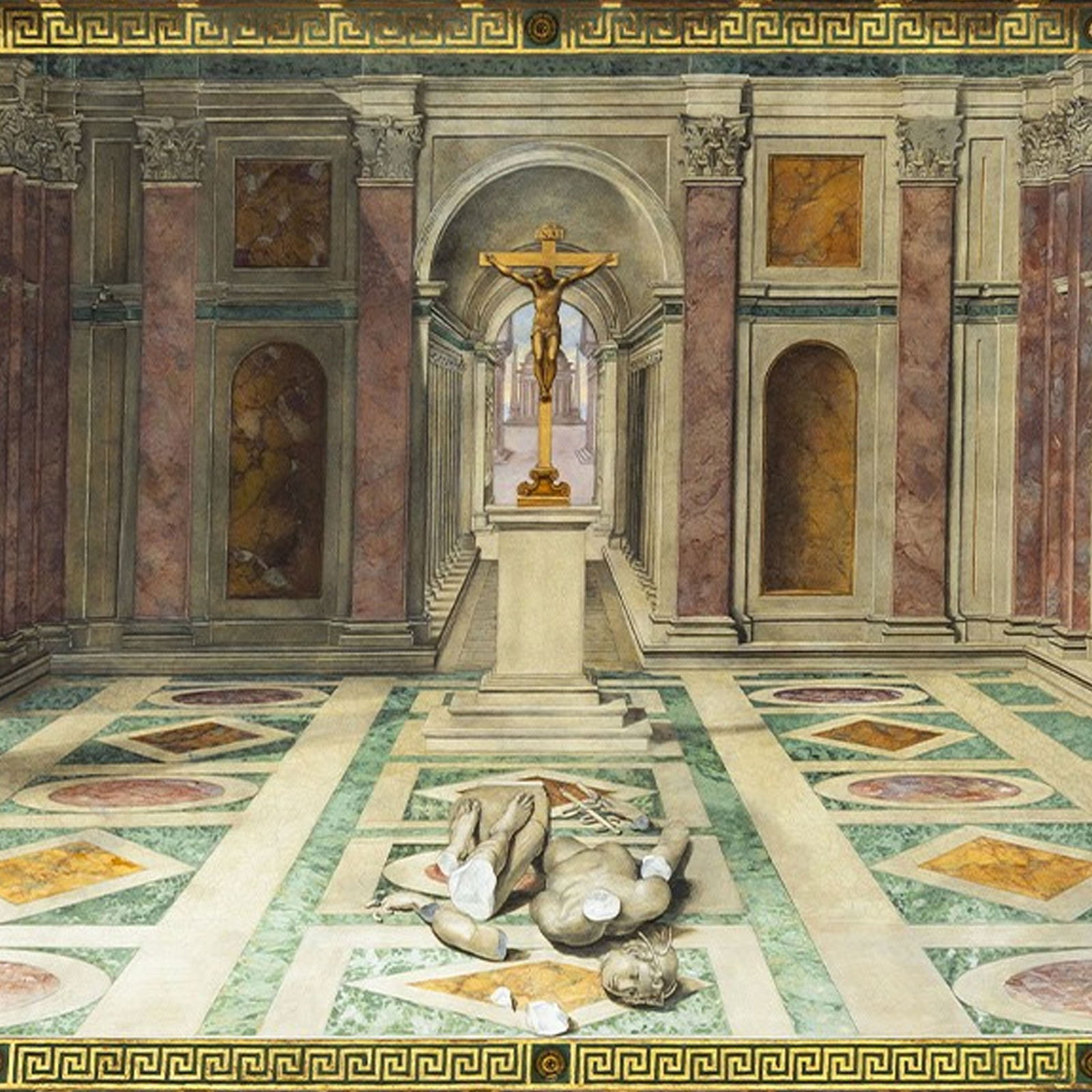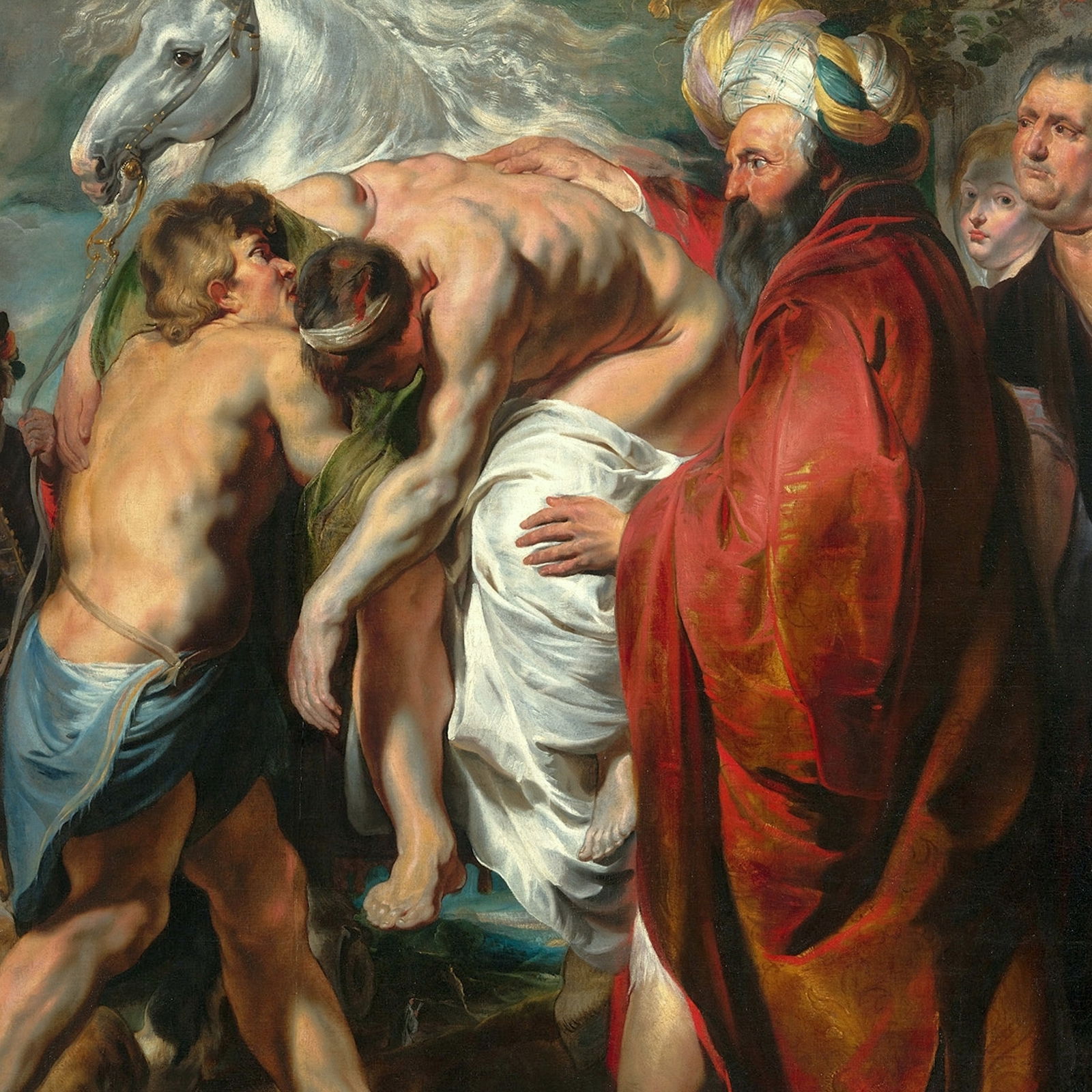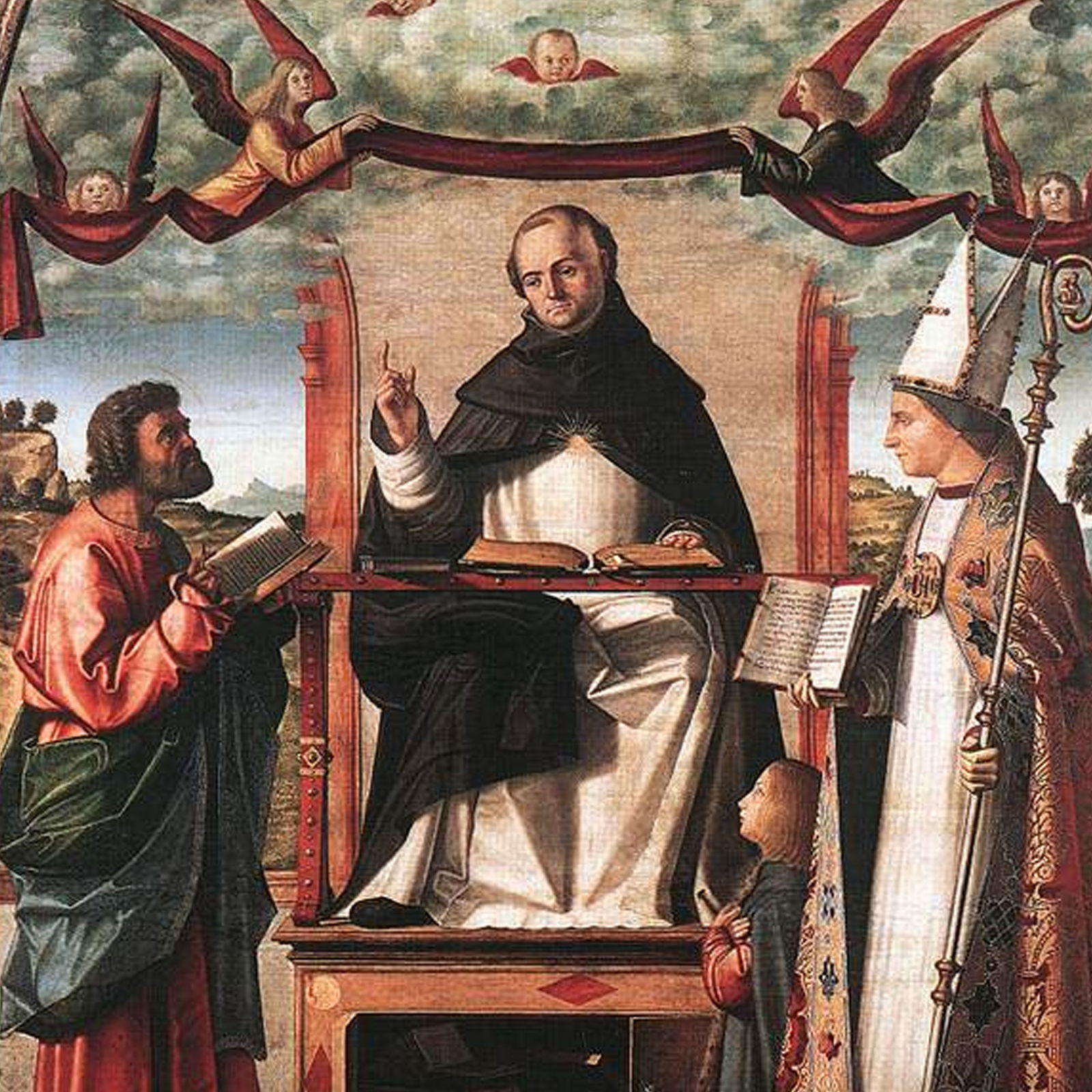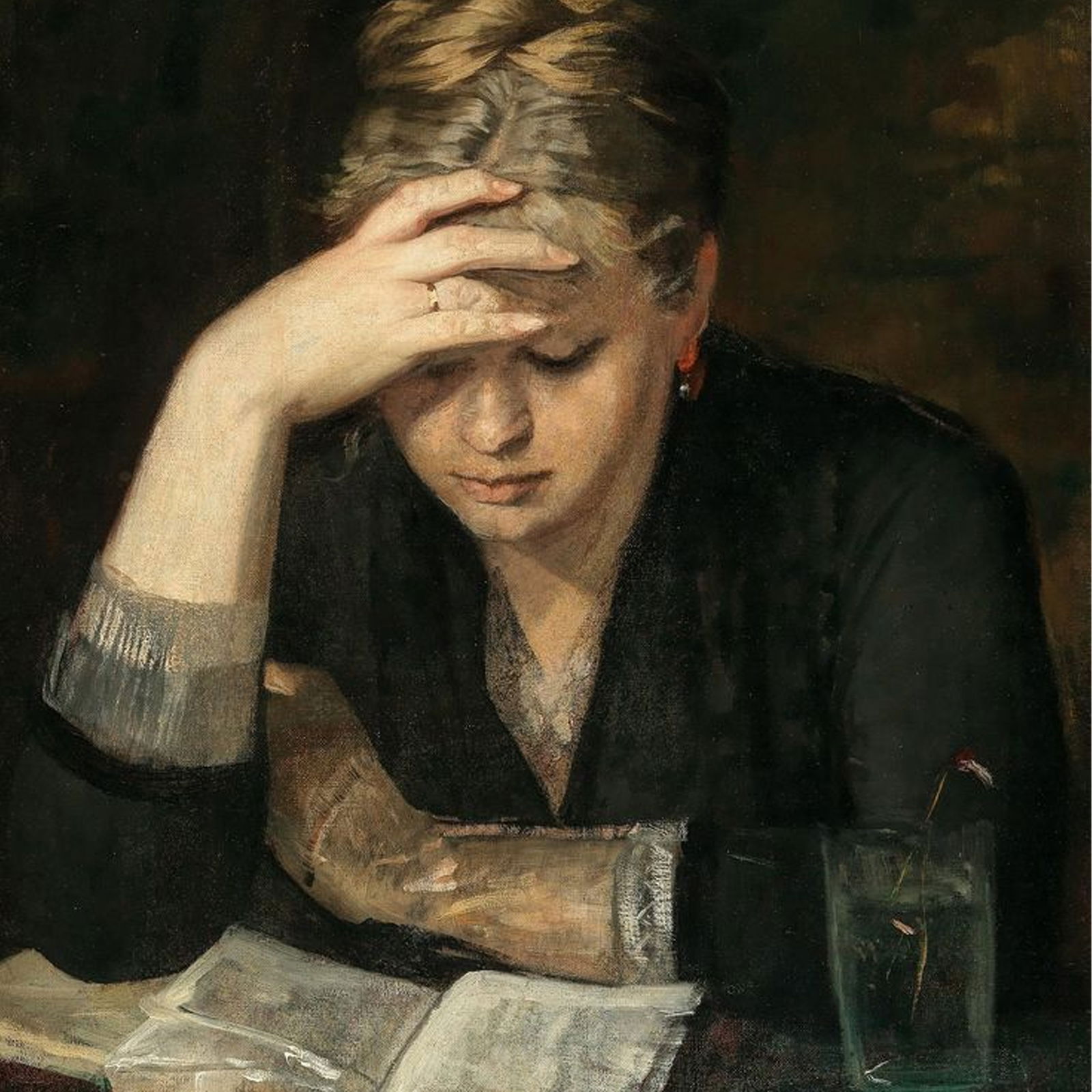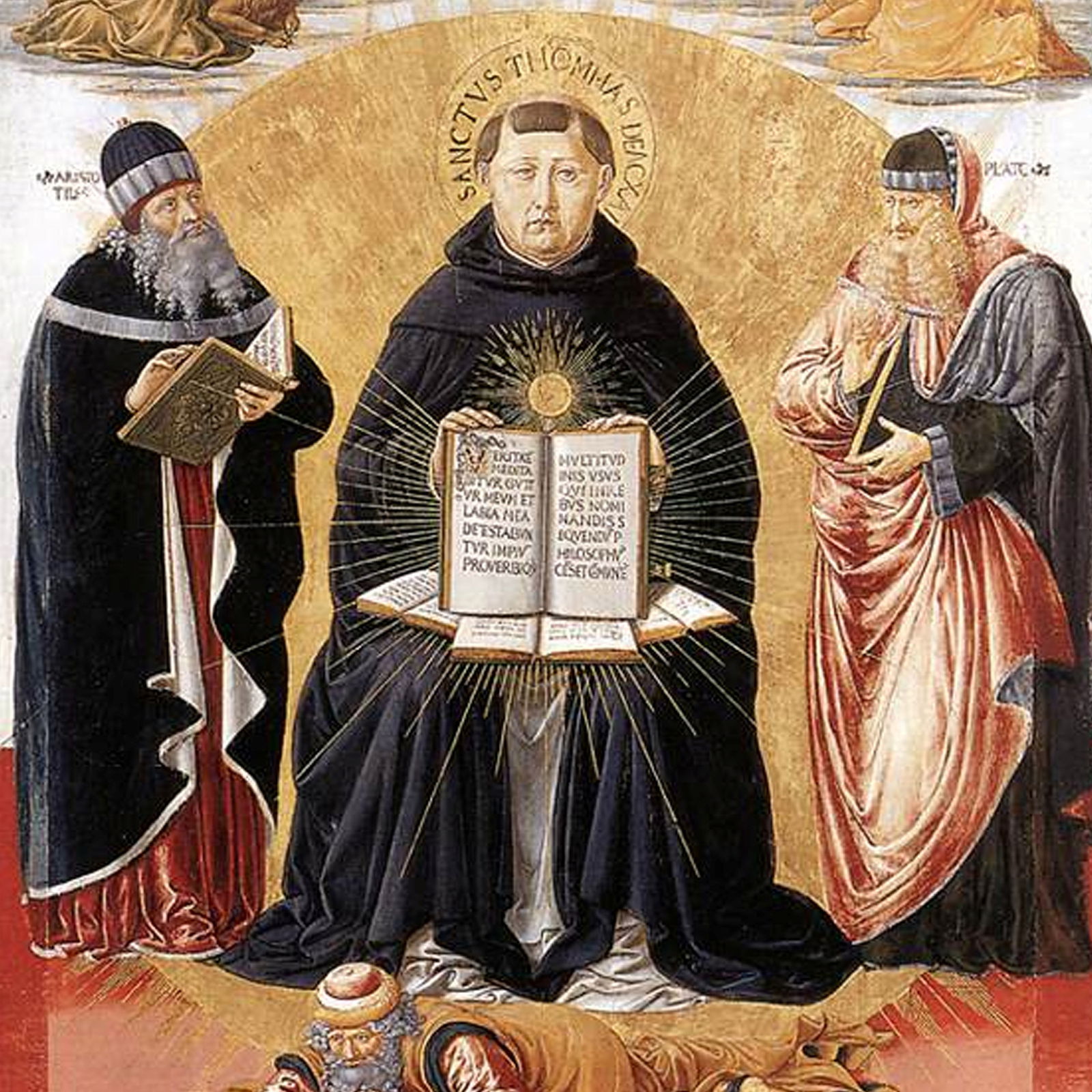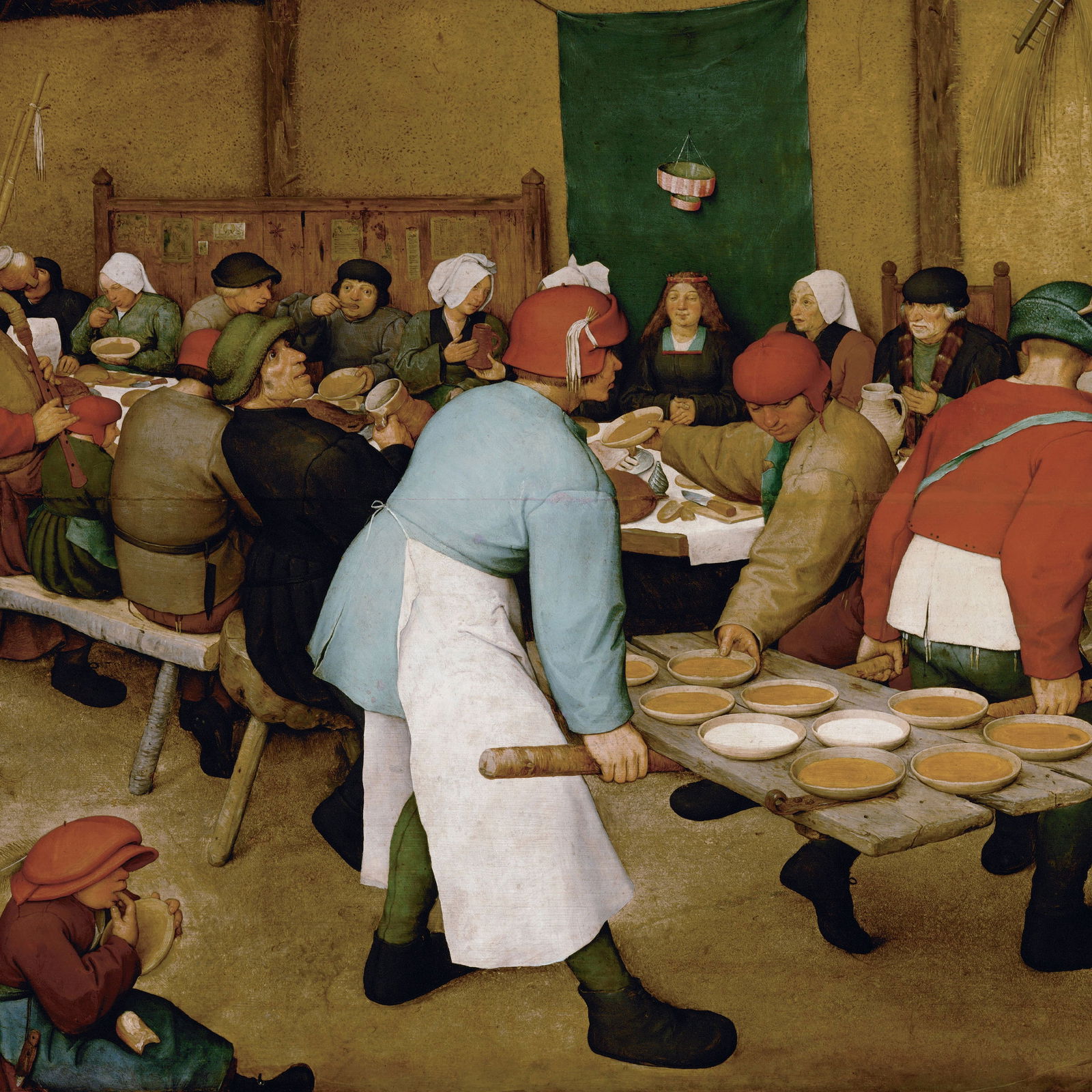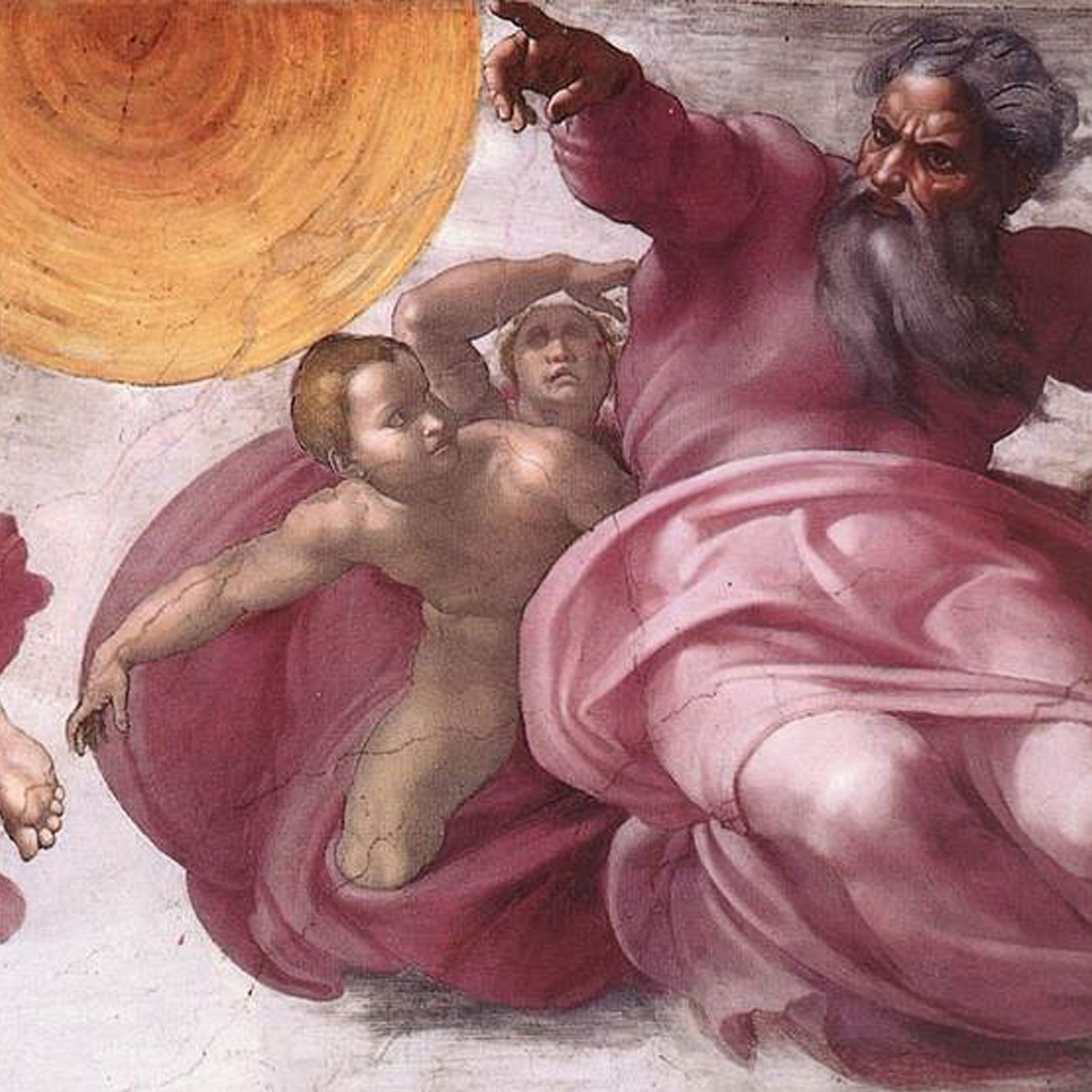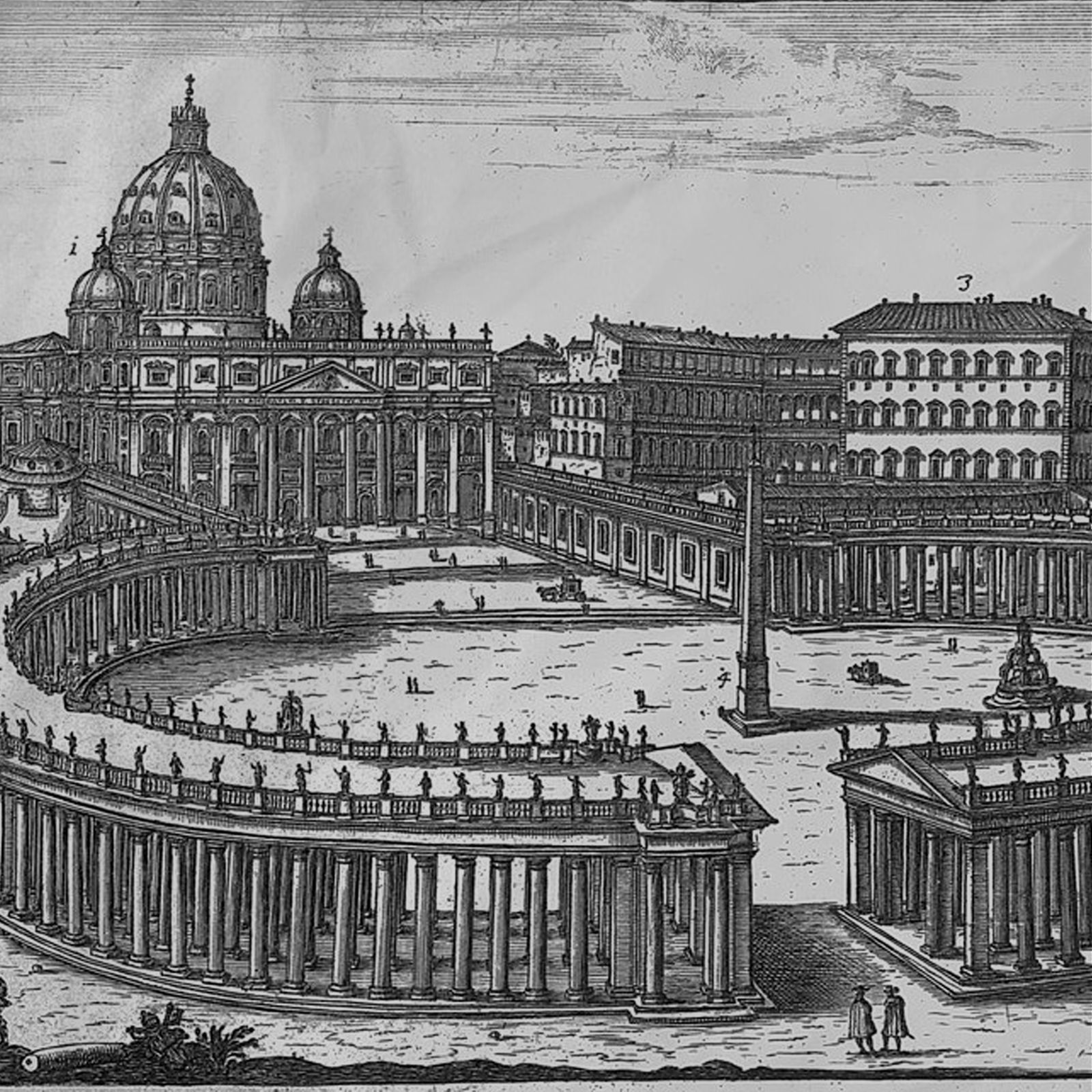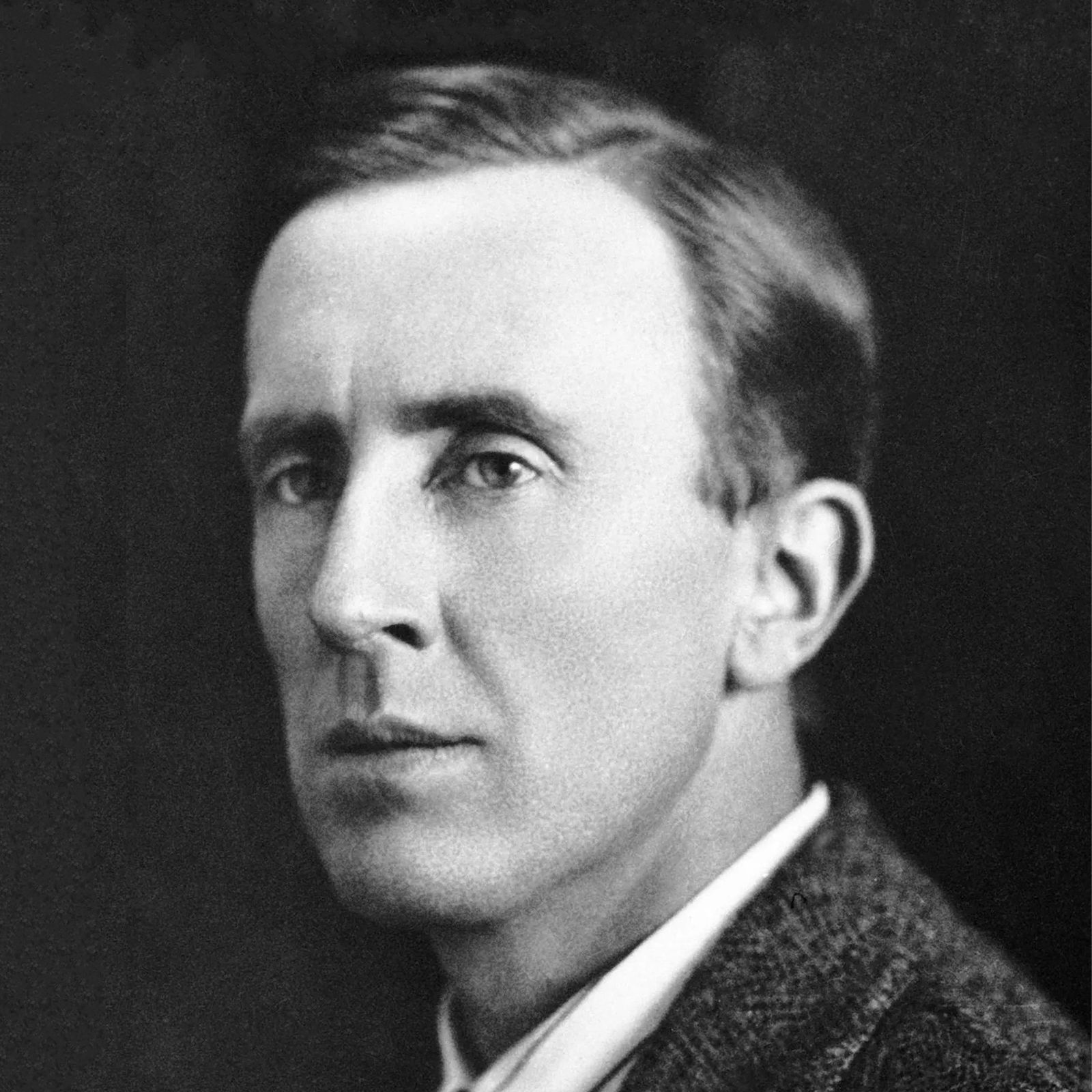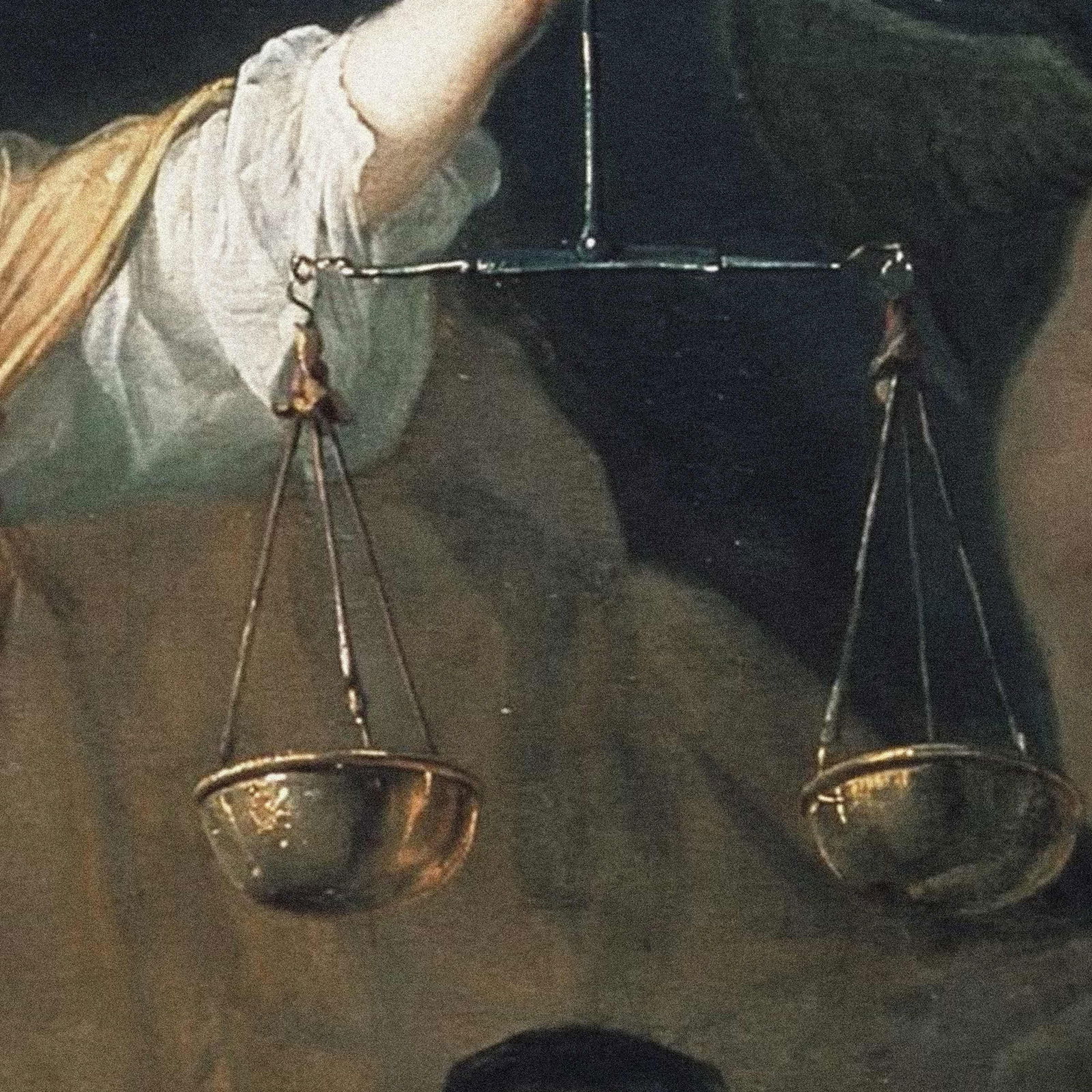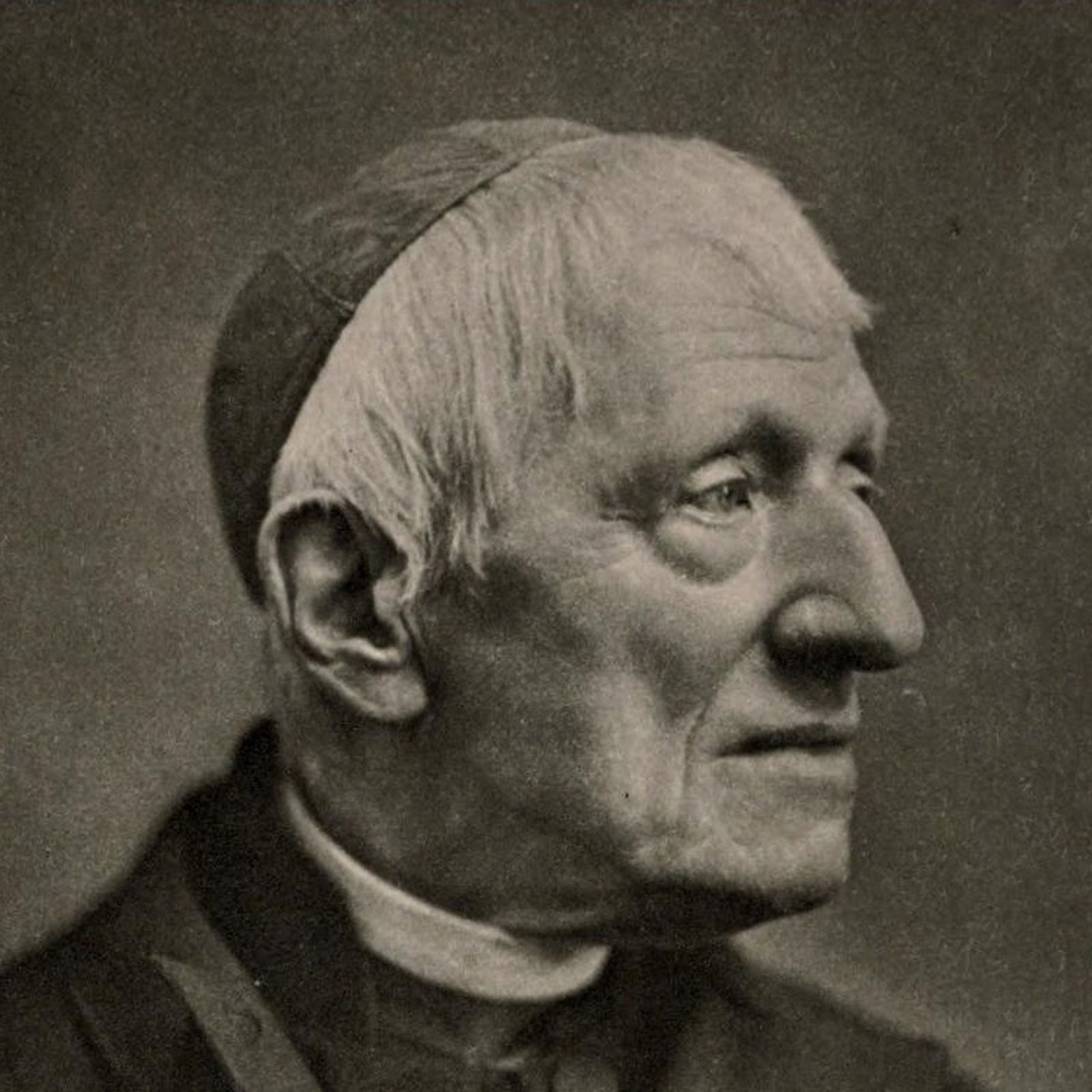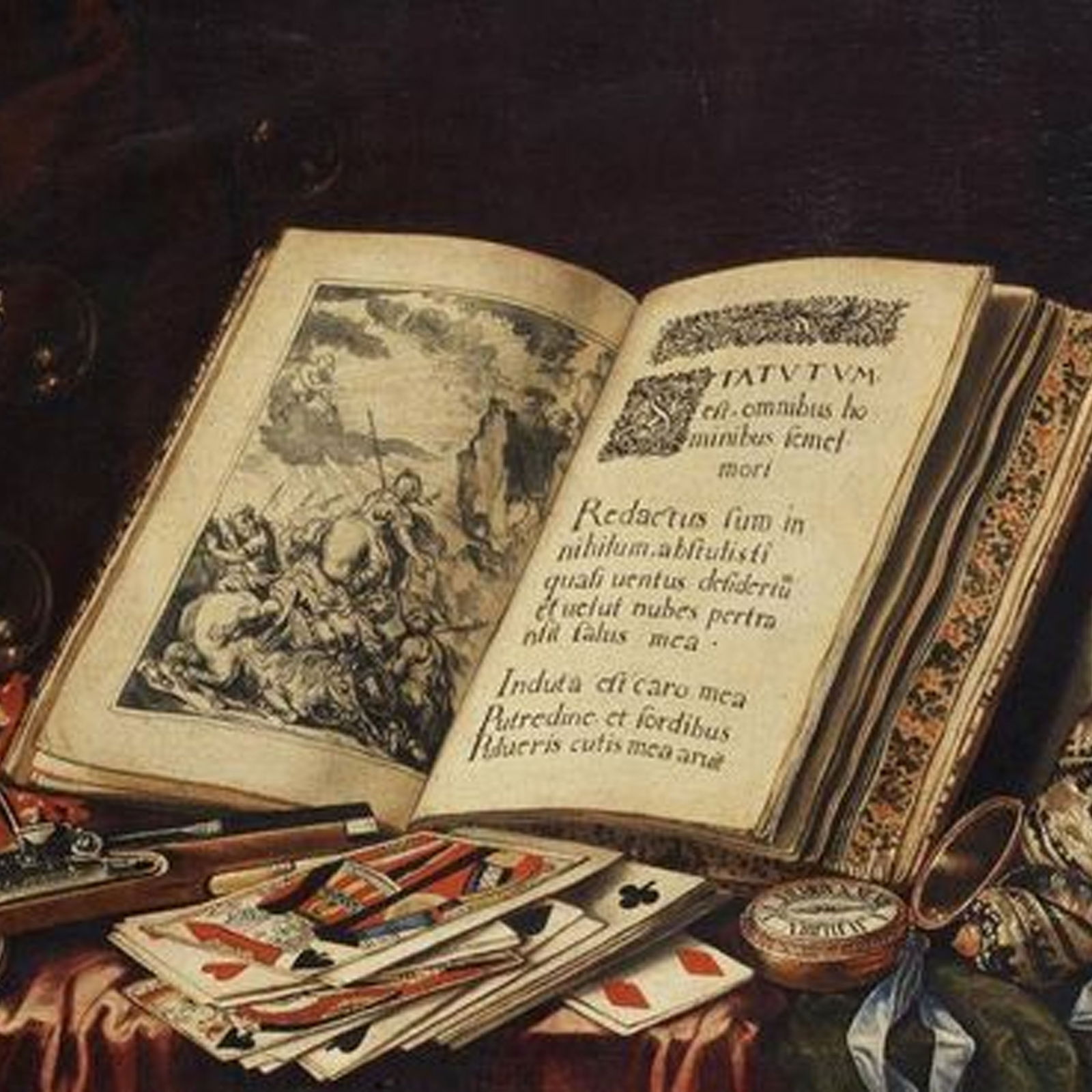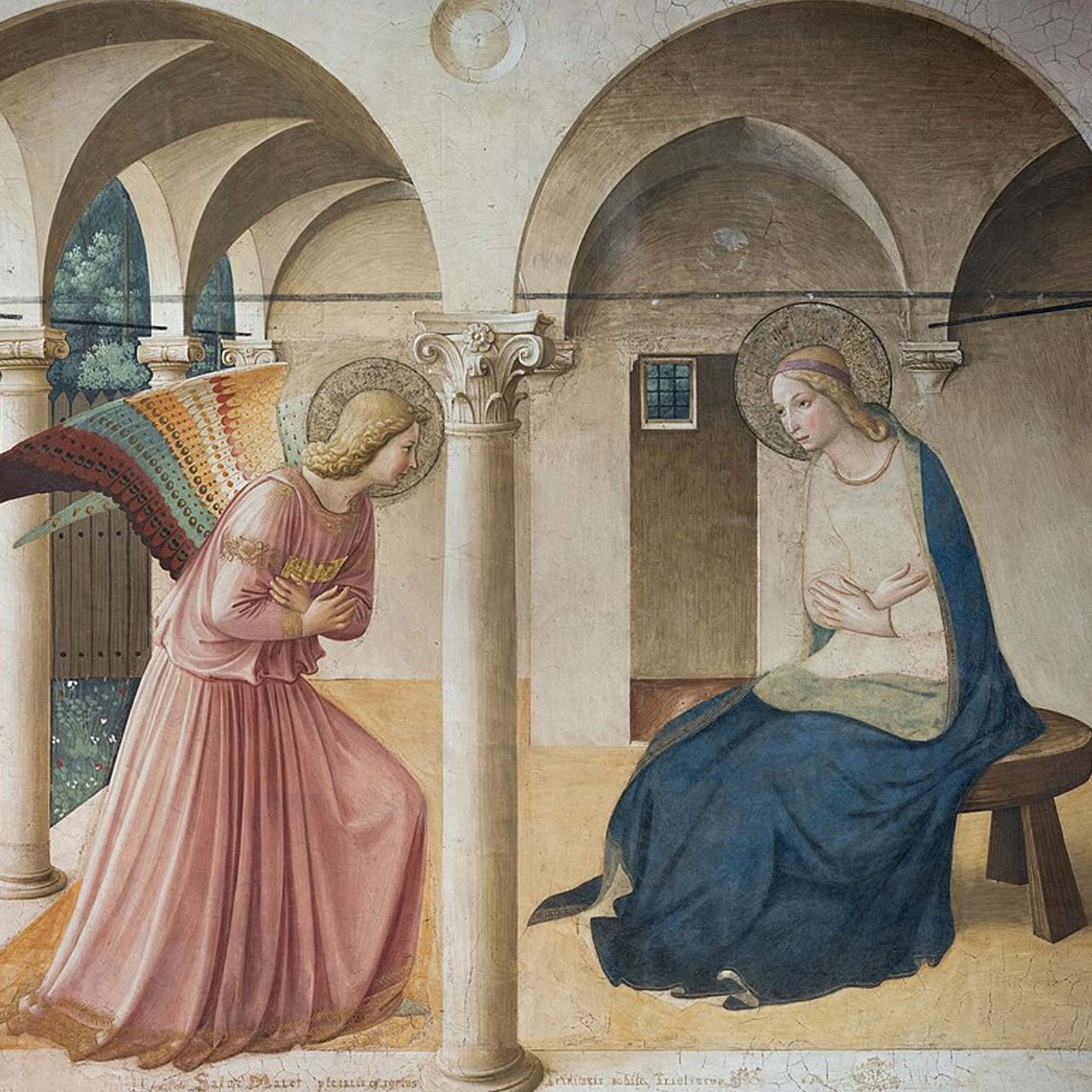Society & Culture Episodes
The Scopes Trial & the Myth of Warfare between Science & Religion – P…
Prof. Kenneth Kemp reexamines the Scopes “Monkey Trial” to show that it has been mythologized into evidence of a supposed war between science and religion, arguing instead that the real conflicts concerned constitutional law, educational policy, and competing theological and philosophical visions w…
Vocation of a Catholic Scientist – Prof. Karin Öberg
Prof. Karin Öberg reflects on her journey from atheism to Catholicism and explains how the vocation of a Catholic scientist and professor involves uniting rigorous scientific inquiry with the Catholic intellectual tradition in order to contemplate God through creation and to renew the life of the u…
What Contemporary Culture Needs to Learn from Thomas Aquinas – Prof. …
Prof. Michael Dauphinais explains what contemporary culture needs to learn from Thomas Aquinas, arguing for a metaphysics of communion in which God, family, Church, and society are not locked in competition but share common goods that make each more fully alive.
John Paul II on the Value of Human Life and Euthanasia – Prof. Christ…
Prof. Christopher Tollefsen explains John Paul II on euthanasia, showing how the Pope’s vision of human life as a sacred gift, bearing God’s image and destined for eternal friendship with Him, rules out any claim to a right to kill oneself or others.
Engaging Politics as a Catholic – Dr. Jan Bentz
Dr. Jan Bentz explores what it means to engage politics as a Catholic, calling believers to critical thinking rooted in truth, a both‑and logic that resists polarization, and a discerning love of nation that remains ordered to the common good and eternal beatitude.
Icons and Idols: An Augustinian Reflection on Race, Racism, and Antir…
Prof. Kevin Kambo reflects on race, racism, and antiracism through Augustine, showing how modern racial categories operate as idolatrous myths born of the lust to dominate and calling listeners to see others instead as icons of God rather than instruments of civic or ideological projects.
If ChatGPT Exists, Why Study? – Fr. Chris Gault, O.P.
Fr. Chris Gault explores whether AI like ChatGPT should change how or why we study, showing that while machines can accelerate information processing, only human study forms our minds, virtues, and relationship to truth in a way that leads to real fulfillment.
Do We Make Morality, or Discover It? An Examination of the Basis of N…
Dr. Erik Dempsey explores whether we make morality or discover it by unpacking Aquinas’s three natural inclinations and arguing that they ground objective, inescapable moral obligations rather than mere social conventions.
Seeking Friendship in the Virtual Age – Prof. John Cuddeback
Prof. John Cuddeback reflects on why many students feel relationally unsatisfied in a hyper-connected world and shows how reclaiming embodied presence, intentional discernment of a few trustworthy friends, and technology-limited, silence-friendly communal spaces can restore the depth, vulnerability…
Let the Best One Win: Reflections of Friendship and Competition – Pr…
Prof. Michael Krom explores how athletic rivalry, when rooted in justice and love of the good, can deepen genuine friendship, build virtue, and lead toward a contemplative vision of life.
Friendship and the Digital Age: A Thomistic Reflection on Human Conne…
Prof. Joshua Hochschild argues that digital culture reshapes friendship and attention through Curiositas and acedia, offering a path of renewal by cultivating virtue, mindful leisure, and rooted communal belonging.
What Difference Did Christianity Make? Why the Ancient Greeks, Romans…
Fr. Terence Crotty argues that Christianity spread so rapidly because it uniquely answered the human search for truth and happiness while transforming social life through charity, dignity for slaves and women, and a compelling vision of a good and loving God that pagan religion and philosophy could…
Virtue and the Meaningful Life – Dr. David McPherson
Dr. David McPherson argues that human beings are “meaning-seeking animals” and that an adequate neo-Aristotelian ethics must see the virtues as constitutive of a meaningful life ordered to strong goods such as the noble, the sacred, and love of God and neighbor.
St. Thomas Aquinas: His Life, Wisdom, and Relevance Today – Fr. Irena…
Fr. Irenaeus Dunlevy presents Aquinas as a medieval theologian whose love of Scripture, clear metaphysics of happiness, integrated view of body and soul, and profound Eucharistic devotion offer urgently needed guidance for Christians facing modern confusion about truth, identity, and God.
A Feeble Plant in the Breeze: Personal and Social Forms of Acedia – …
Prof. Carl Vennerstrom explores personal and social forms of acedia, tracing its origins from ancient monasticism to contemporary life and illuminating how distraction, restlessness, and identity crisis threaten fulfillment and virtue in the digital age.
Aquinas and Newman on the Pursuit of Wisdom and Happiness – Prof. Jen…
Prof. Jennifer Frey’s lecture compares Aquinas and Newman on the pursuit of wisdom and happiness, showing how a true liberal education cultivates philosophical habits and interior freedom by uniting the quest for knowledge, meaning, and the common good.
Minimum Wage vs. Just Wage: A Thomistic Clarification of Catholic Soc…
Dr. Michael Krom uses Catholic social teaching and Thomistic ethics to explain the difference between minimum wage and just wage, emphasizing that justice, moral duty, and human need—not just legal or economic policy—should guide compensation for workers.
George Lemaitre: The Catholic Priest Who Proposed the Big Bang Theory…
Prof. Jonathan Lunine tells the story of Georges Lemaître—the Catholic priest and physicist who proposed the Big Bang theory—showing how his pioneering science, deep faith, and personal humility revolutionized modern cosmology and bridged the perceived gap between religion and science.
Astrology: Why Did Medieval Philosophers Study It? – Fr. Ambrose Litt…
Fr. Ambrose Little explains why medieval philosophers studied astrology as part of natural science, showing how its connection to astronomy, cosmology, and causal mechanisms shaped intellectual inquiry, yet warns that modern astrology lacks scientific legitimacy and poses spiritual risks.
Catholic Culture with Tolkien – Prof. Patrick Callahan
Prof. Patrick Callahan explores the living tradition of Catholic culture, using Tolkien’s life and imagination to demonstrate how the Mass, community, and cultivation of virtue form a unified Christian identity resilient amidst modern challenges.
Flannery O'Connor and the Perils of Governing By Tenderness – Dr. Jer…
Dr. Jerome Foss uses Flannery O’Connor’s stories to warn against the pitfalls of governing by abstract tenderness, advocating for a vision rooted in faith, realism, and the transformative power of suffering.
Newman and Tolkien: The Humility of (Hi)story – Prof. Giuseppe Pezzini
Prof. Giuseppe Pezzini explores the biographical and spiritual connections between Newman and Tolkien, revealing how their shared organic vision of historical development and renewal challenges modern tensions between nostalgia, progress, and Christian identity.
Psalms, Hymns, and Spiritual Canticles: Gregorian Chant and the Joy o…
Fr. Innocent Smith’s lecture illuminates how Gregorian Chant, rooted in Psalms, hymns, and spiritual canticles, enriches Catholic liturgy by shaping Christian spirituality and expressing the deep joy of the Gospel through sung prayer.
The Incarnation and the Machine: The Visions of Fra Angelico and Le C…
Fr. Irenaeus Dunlevy's lecture contrasts the incarnational vision of Fra Angelico with Le Corbusier’s machine aesthetic, revealing how Christian art and architecture communicate spiritual beauty, theological wisdom, and the presence of Christ through the transformation of physical space.
